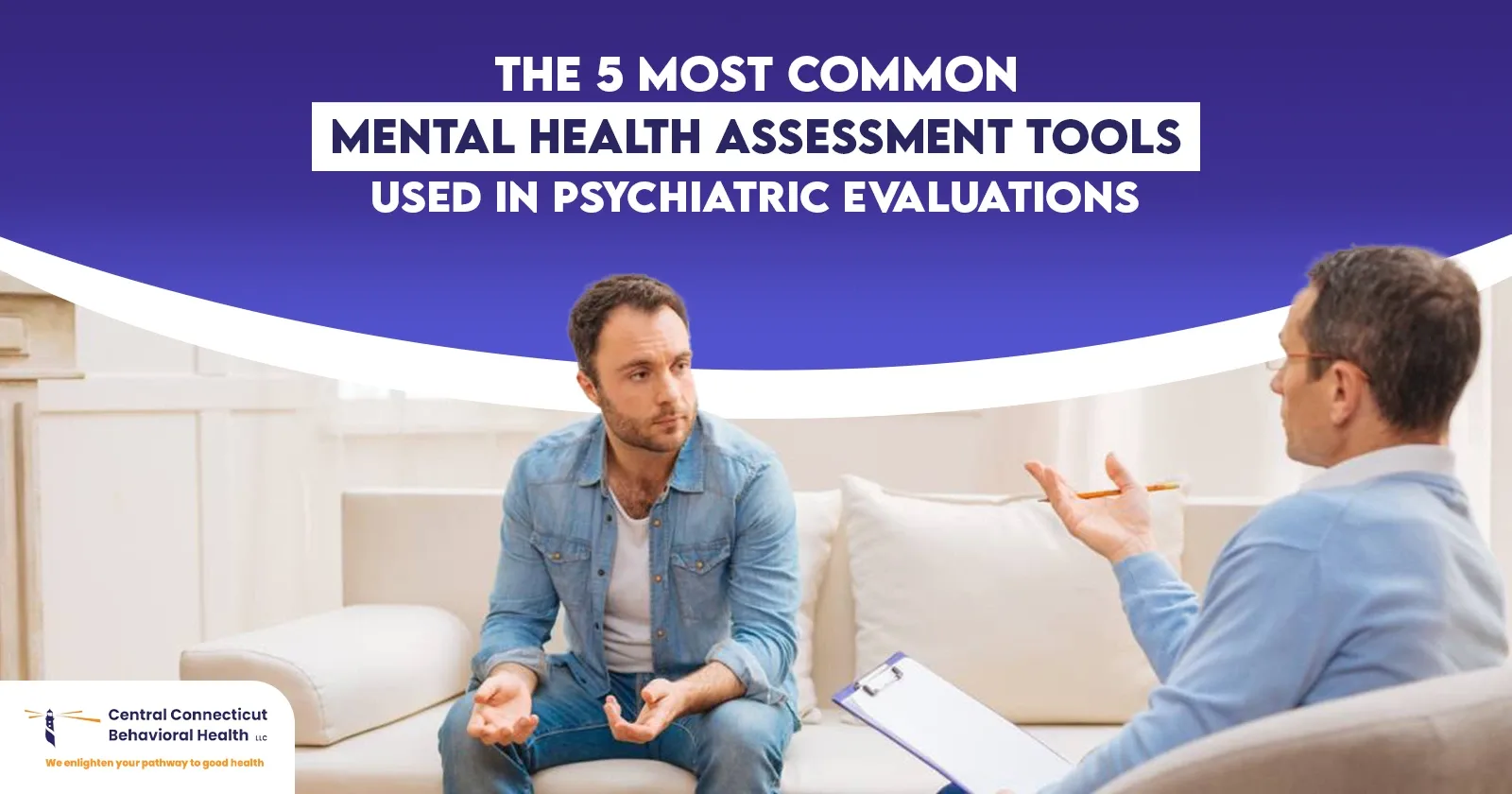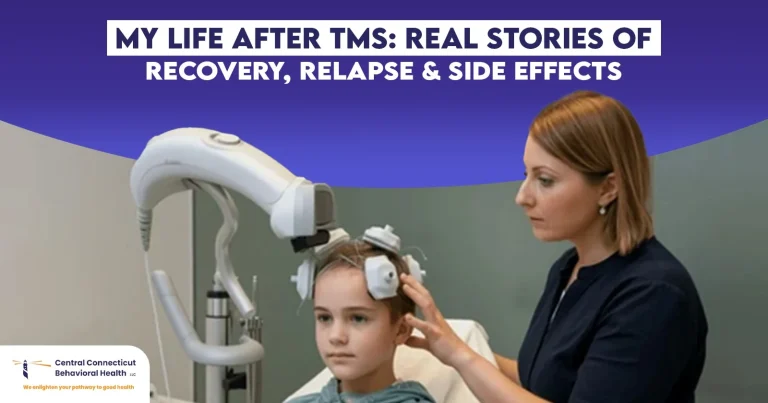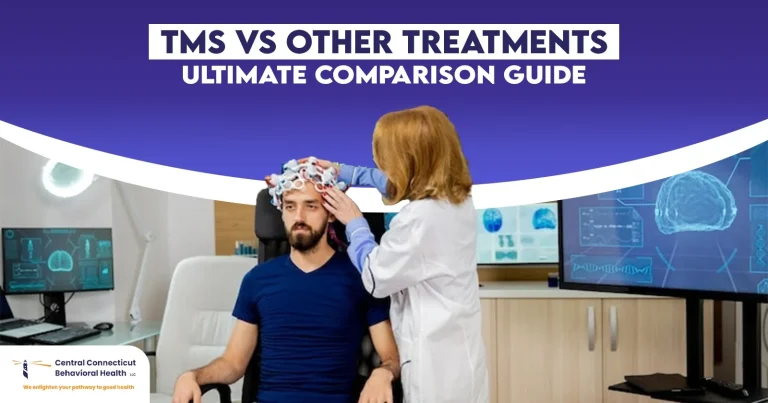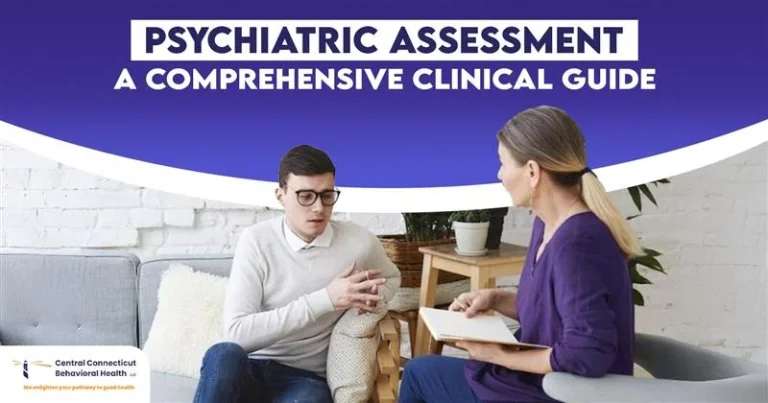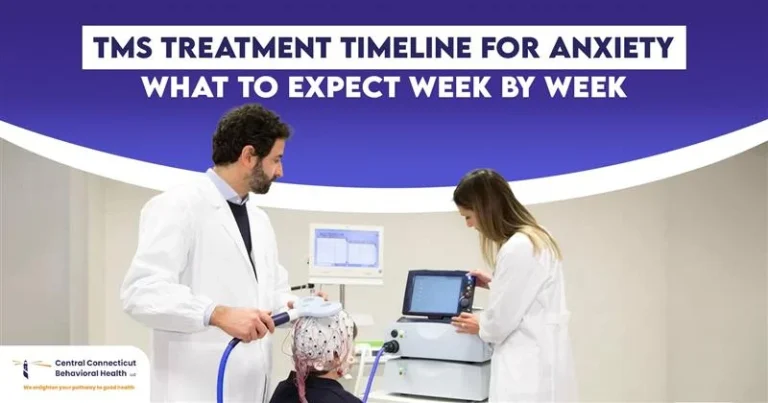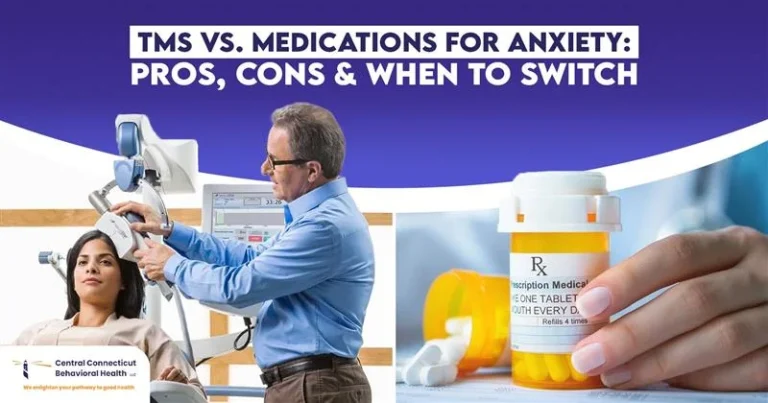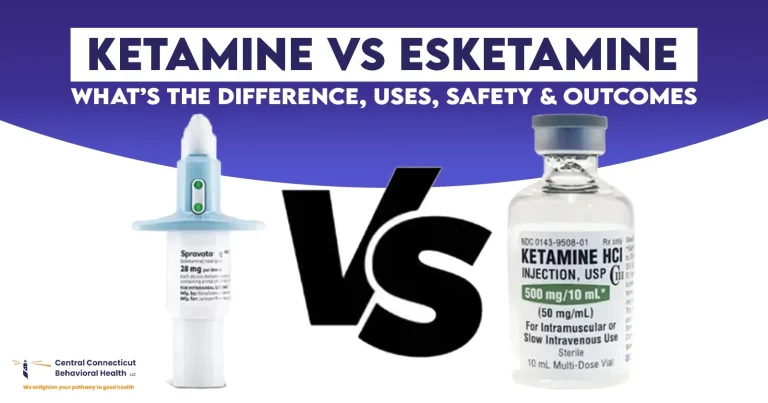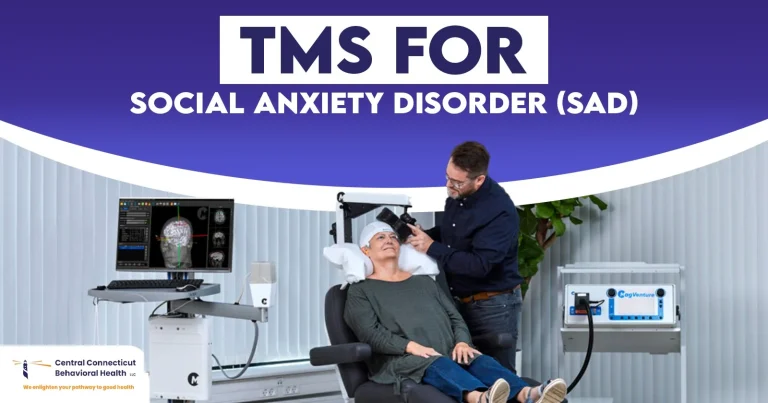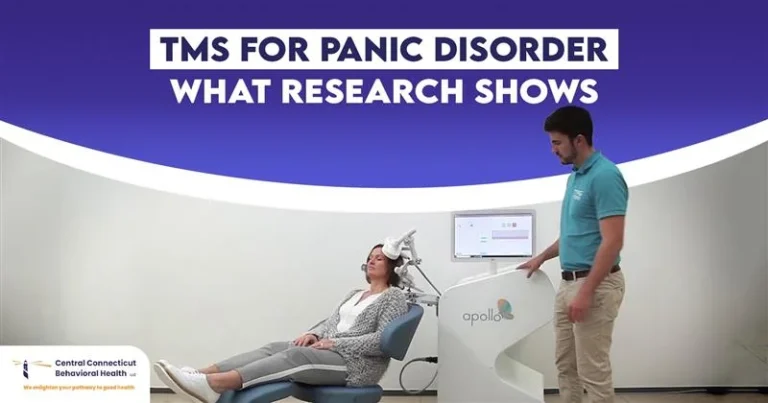Accurate evaluation is the first step toward effective treatment. The structured approaches used are often known as tools used in psychiatric evaluation. By using the right assessments, professionals can provide care that is precise and effective.
The use of mental health assessment tools has grown steadily over the past few decades. These tools bring consistency and scientific accuracy to psychiatric care. Instead of depending only on conversations, professionals can combine observations with standardized scales and questionnaires.
Mental health experts understand that effective treatment starts with comprehension. This is why instruments like the Beck Depression Inventory have become reliable allies in clinical settings.
At Central Connecticut Behavioral Health, individuals receive empathetic support that combines professional knowledge with research-backed evaluations. For those facing mental health challenges, these instruments go beyond mere documentation; they form the essential groundwork for recovery.
Understanding Mental Health Assessment Tools
Psychiatric assessment tools are standardized methods that assess symptoms, cognitive limitations, and emotional states. They provide a structured way for psychiatrists to gather information. Psychiatric assessment tools generally have a broader purpose of diagnosis. An assessment tool may be able to measure specific areas such as depression, anxiety, or memory.
Simply put, these assessments provide a reliable method. Psychiatrists will utilize testing, interviews, or questionnaires instead of only impressions to report a full assessment of a client.
Why Are Assessment Tools Important in Psychiatry?
Using the best mental health assessment tools for psychiatrists ensures precision and consistency. Here are some key reasons why they are essential:
Accurate diagnosis:
Tools confirm whether symptoms meet the criteria for specific mental health disorders.
Treatment planning:
They guide psychiatrists in choosing the right therapies or medications.
Progress monitoring:
Repeated use of tools helps measure whether treatments are effective.
Patient involvement:
Structured tools give patients a clearer view of their progress.
In essence, these methods help professionals provide holistic, patient-centered care.
The 5 Most Commonly Used Tools in Psychiatric Evaluations
PHQ-9 Questionnaire
The PHQ-9 is an extremely common instrument used in psychiatric evaluation of depression. It is nine brief questions about mood, interest in activities, energy, and sleep, which the patient answers according to how often they have experienced such symptoms over two weeks.
Why it matters:
It is a quick and simple tool, and it carries weight in terms of being a reliable severity measure of depression.
GAD-7 Scale
The GAD-7 questionnaire assesses generalized anxiety disorder. Patients will respond to questions regarding how often they felt anxious, restless or unable to relax.
Why is it important?
It gives practitioners a quick, standardized measure of anxiety and monitor change a treatment.
Beck Depression Inventory (BDI)
The BDI assesses the severity of the depression. It questions patients about their mood, self-image, and symptoms, including fatigue. It is commonly used in both clinical and research conditions.
Why it matters:
It is useful for tracking change over time, making it useful in the context of long-term therapy.
MMPI-2 Test
The MMPI-2 is one of the most thorough psychological assessment instruments available. It evaluates personality structure, psychopathology and related constructs.
Why it matters:
MMPI-2 helps clinicians consider personal traits in addition to diagnosis.
Other Notable Tools Used in Psychiatric Evaluation
Apart from the five most common tools, other important instruments include:
MoCA Cognitive Assessment
Useful in detecting memory and attention problems.
Hamilton Depression Rating Scale (HAM-D)
Measures depression severity through clinician interviews.
CAGE Questionnaire
Screens for alcohol use disorders quickly and effectively.
Most Common Assessment Tools
| Tool | Focus Area | Time to Complete | Common Use |
| PHQ-9 | Depression | 5 min | Screening |
| GAD-7 | Anxiety | 5 min | Clinical check |
| SCID-5 | Multiple
disorders |
60-90 min | Diagnostic |
| BDI | Depression
severity |
10 min | Therapy sessions |
| MMPI-2 | Personality/psychiatric | 60-90 min |
Comprehensive evaluation |
How Psychiatrists Perform a Psychiatric Evaluation
Psychiatrists use multiple methods to complete evaluations. Here is a step-by-step overview:
Patient history
Reviewing medical, family, and psychiatric history.
Clinical interview
Asking structured and unstructured questions
Use of tools
Administering psychiatric assessment tools and questionnaires.
Observation
Noticing behavior, speech, and emotional responses.
Diagnosis
Combining all data to form a diagnosis.
Treatment planning
Developing medication or therapy plans.
This process shows how psychiatrists perform a psychiatric evaluation that is both science-driven and people-centered.
Conclusion
The use of standardized tools used in psychiatric evaluations allows for reliable and consistent assessments. Procedures with tools including the PHQ-9, GAD-7, SCID-5, BDI, andMMPI-2 will lead to better diagnosis.These psychiatric evaluation tools help psychiatrists assess mental health for their patients, but they also help the patients understand their own mental health.
At Central Connecticut Behavioral Health, patients receive both structured evaluations and human-centered care. Their experts use evidence-based tools used in psychiatric evaluation to guide treatment, helping individuals move toward healing and resilience.
The individuals undergo thorough assessments alongside personalized care. The professionals utilize research-backed methods during psychiatric evaluations to support people.
FAQs about Mental Health Assessment Tools
Are psychiatric assessment tools considered the same as psychiatric evaluation tools?
Assessment tools measure symptoms, while evaluation tools consider a wider diagnosis.
What is the best psychiatric screening tool?
PHQ-9 and GAD-7 are considered the best if implemented quickly and frequently.
Do these tools also include an assessment for risk of suicide?
Yes, a number of tools have questions related to suicidal ideation. In the cases where risk is identified, alternative scales may be utilized.


